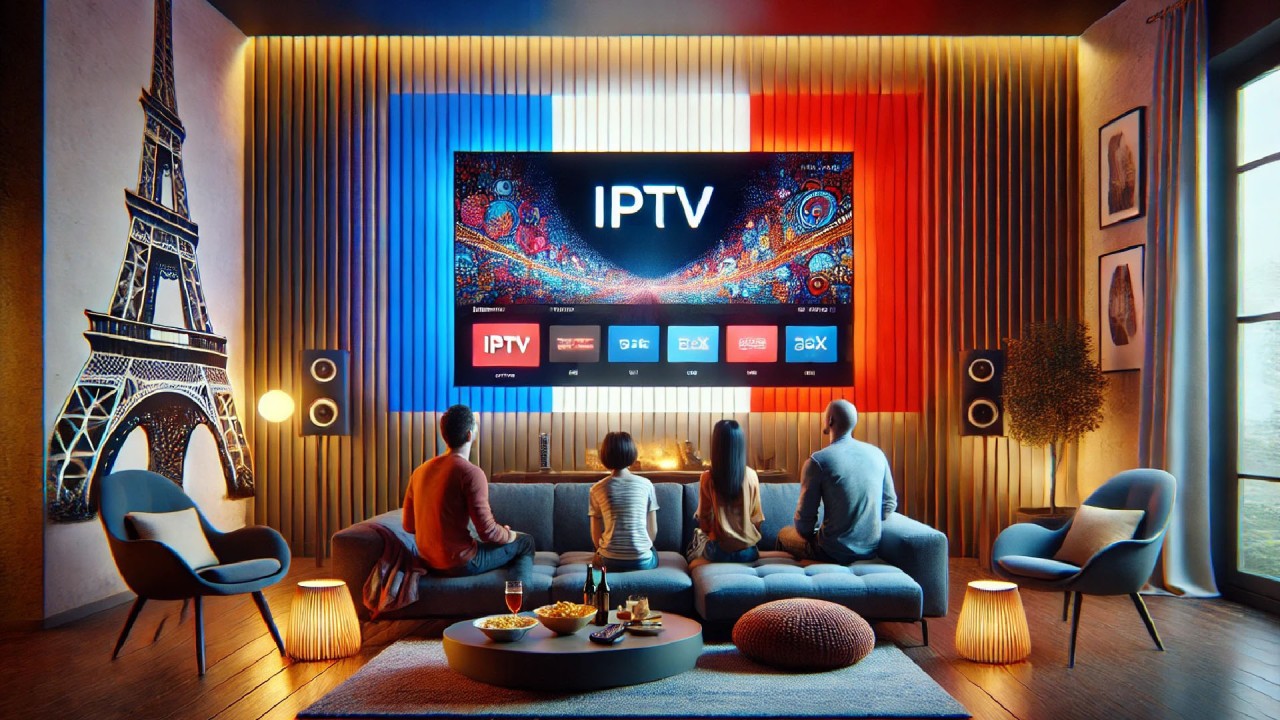
Exploring IPTV in France: The Future of Television Viewing
In recent years, IPTV (Internet Protocol Television) has gained significant traction in France as an alternative to traditional cable and satellite television. With the shift towards digital media consumption and the increasing demand for on-demand content, IPTV France has emerged as a modern solution to access television shows, movies, live sports, and more. This article explores the rise of iptv france, its benefits, how it works, and the legal landscape surrounding it.
What is IPTV?
IPTV, or Internet Protocol Television, is a system that delivers television content over the internet rather than through traditional satellite or cable formats. This allows users to stream content on a variety of devices, such as smart TVs, smartphones, tablets, and computers. By utilizing the internet instead of conventional broadcasting methods, IPTV offers a more flexible and customizable viewing experience.
The Rise of IPTV in France
In France, the adoption of IPTV has accelerated due to several factors. The country’s strong internet infrastructure and widespread broadband availability have made it easier for French consumers to access IPTV services. The growing preference for streaming services like Netflix, Amazon Prime, and Disney+ has also fueled the demand for IPTV solutions that cater to more diverse and localized content.
Telecom providers in France have been quick to offer IPTV packages as part of their bundled services. For example, major companies like Free, Bouygues Telecom, and Orange have incorporated IPTV into their broadband offerings, allowing customers to access a wide range of channels and on-demand content directly via their internet connection.
Advantages of IPTV in France
-
On-Demand Content: One of the main attractions of IPTV is its on-demand feature. Users can watch shows, movies, and sports events at their convenience without being tied to a set broadcast schedule. This flexibility is a game-changer in terms of convenience and personalization.
-
Wide Variety of Channels: IPTV providers in France offer a wide range of channels, including local, international, and specialized content. French users can access channels like TF1, M6, France 2, and Canal+, as well as international channels in various languages, catering to diverse tastes.
-
Affordable Pricing: Compared to traditional cable or satellite subscriptions, IPTV services are often more affordable. Many providers offer bundles that include internet, phone services, and television access, which provides better value for money.
-
Multi-Device Support: With IPTV, viewers are no longer restricted to watching television on a single device. The ability to stream content on smartphones, tablets, laptops, and smart TVs means users can enjoy their favorite programs wherever they go.
-
High-Quality Streaming: Thanks to high-speed internet connections, IPTV offers superior picture and sound quality. Many services even support HD and 4K content, enhancing the viewing experience.
How IPTV Works in France
IPTV services in France work by transmitting television content over the internet using the same protocol that powers other online services like web browsing and email. The content is converted into a digital signal and delivered through an internet connection.
To access IPTV, users need a compatible device, such as a set-top box, smart TV, or streaming media player. After connecting the device to the internet, the IPTV provider delivers the content via a dedicated application or interface.
The French government has been investing in improving the country’s broadband network, making it more suitable for IPTV consumption. Most urban areas now have access to high-speed fiber optic broadband, while rural regions are slowly catching up through initiatives like France’s “Very High-Speed Broadband Plan.”
The Legal Landscape of IPTV in France
While IPTV offers several benefits, its legal status can be somewhat ambiguous, especially when it comes to illegal IPTV services. In France, as in many other countries, subscription-based IPTV services are legal as long as the provider has obtained proper licensing for the channels and content they offer. Major telecom companies and legitimate streaming services operate under these regulations.
However, the rise of “pirate” IPTV services has become a concern in France. These illegal services provide access to premium content, such as sports events, movies, and channels, without paying for the necessary rights. The French government, alongside the European Union, has been cracking down on piracy and illegal IPTV services. Internet service providers (ISPs) are also required to block access to illegal IPTV providers, and authorities can take legal action against those who distribute unauthorized content.